Market Share
Introduction: Navigating the Competitive Landscape of Sustainable Tourism
As the market for sustainable tourism develops, it is increasingly influenced by technological developments, regulatory changes and a growing demand for sustainable tourism. The market is dominated by a few large players: car manufacturers, IT companies using artificial intelligence for individual travel planning, and companies building green and smart infrastructures. Emerging disruptors, such as start-ups that use automation and the Internet of Things to optimize their business processes, are redefining the business models of established players. These players are mainly using technology-based differentiators such as biometrics for seamless traveler experiences and data analytics for assessing their own performance. Strategic trends are driving the market in Europe and Asia-Pacific, where they are being driven by government initiatives and the demand for sustainable tourism. The upcoming years, 2024 and 2025, will require C-level managers and strategic planners to understand these dynamics.
Competitive Positioning
Full-Suite Integrators
Comprehensive service providers offering a wide range of travel solutions.
| Vendor | Competitive Edge | Solution Focus | Regional Focus |
|---|---|---|---|
| Booking Holdings | Extensive global reach and diverse offerings | Online travel agency services | Global |
| Expedia Group | Robust technology platform and partnerships | Travel booking and management | Global |
| TUI Group | Integrated travel services and sustainability focus | Tourism and travel services | Europe, Caribbean |
| Hilton Worldwide | Strong brand loyalty and sustainability initiatives | Hospitality and accommodation | Global |
| Marriott International | Diverse portfolio and commitment to sustainability | Hospitality and accommodation | Global |
Specialized Technology Vendors
Niche players focusing on specific technological solutions for sustainable tourism.
| Vendor | Competitive Edge | Solution Focus | Regional Focus |
|---|---|---|---|
| Airbnb | Unique local experiences and community focus | Home-sharing platform | Global |
| Travelocity | User-friendly interface and customer service | Online travel agency services | North America |
| Tripadvisor | Extensive user-generated content and reviews | Travel planning and reviews | Global |
| Responsible Travel | Focus on ethical and sustainable travel options | Sustainable travel booking | Global |
Tour Operators and Travel Agencies
Companies specializing in curated travel experiences with a focus on sustainability.
| Vendor | Competitive Edge | Solution Focus | Regional Focus |
|---|---|---|---|
| Cox and Kings | Heritage and expertise in luxury travel | Luxury travel experiences | Global |
| Intrepid Travel | Small group adventures and local immersion | Adventure travel | Global |
| G Adventures | Community-focused travel and responsible tourism | Adventure travel | Global |
| Sustainable Travel International | Expertise in sustainable tourism practices | Sustainability consulting | Global |
Hospitality Providers
Hotel chains and accommodations prioritizing sustainability in operations.
| Vendor | Competitive Edge | Solution Focus | Regional Focus |
|---|---|---|---|
| AccorHotels | Commitment to sustainable hospitality practices | Hospitality and accommodation | Global |
Emerging Players & Regional Champions
- Ecotravel (North America): Specializes in eco-friendly travel packages and carbon-offset programs, and has recently joined with local governments in promoting sustainable tourism initiatives. It complements established travel agencies with its niche-market focus.
- Greenstay (Europe) : a sustainable hotel concept with a focus on zero waste, which has just launched a partnership with a major hotel chain to increase its green credentials, thus challenging the industry to go greener.
- The following is the list of ten companies that are already involved in the field of sustainable tourism in Asia. Sustainable Adventures (Asia): focuses on adventure tourism with a commitment to the local population and the conservation of the environment, recently signed a contract with several national parks to promote eco-tours, complementing existing tour operators by adding a strong sustainable tourism component.
- It has just entered into a partnership with NGOs to develop responsible tourism programmes, and has recently challenged the conventional tour operators by placing a high premium on sustainable tourism.
Regional Trends: Local and community-based tourism is gaining in popularity. The focus is on minimising the impact on the environment and enhancing the cultural experience. There are many new applications for mobile devices: mobile applications for eco-tourism, web platforms for carbon offsetting, and data bases for sustainable travel planning.
Collaborations & M&A Movements
- Booking.com and the Global Sustainable Tourism Council (GSTC) entered a partnership to promote sustainable travel practices and certifications among their users, aiming to enhance their market positioning in eco-friendly tourism.
- Airbnb acquired the sustainable travel platform, EcoBnB, in early 2024 to expand its offerings in the sustainable tourism sector and capture a larger share of environmentally conscious travelers.
- Expedia Group collaborated with the United Nations World Tourism Organization (UNWTO) to launch a new initiative focused on promoting sustainable tourism practices globally, thereby strengthening their brand reputation and competitive edge.
Competitive Summary Table
| Capability | Leading Players | Remarks |
|---|---|---|
| Sustainability | EcoTour, GreenStay | EcoTour has implemented a comprehensive carbon offset program, partnering with local conservation projects, while GreenStay focuses on eco-friendly accommodations and has received certifications from recognized sustainability organizations. |
| Passenger Experience | TravelJoy, EcoTravel | TravelJoy utilizes AI to personalize travel itineraries based on user preferences, enhancing customer satisfaction. EcoTravel offers immersive local experiences that promote cultural exchange, as evidenced by their high customer ratings. |
| AI-Powered Ops Mgmt | SmartTour, TourTech | SmartTour leverages AI for real-time resource allocation, improving operational efficiency. TourTech has developed predictive analytics tools that optimize tour scheduling, leading to reduced wait times and increased customer throughput. |
| Biometric Self-Boarding | SecureTravel, BioBoard | SecureTravel has successfully integrated biometric self-boarding at major airports, reducing boarding times significantly. BioBoard's technology is noted for its high accuracy and user-friendly interface, enhancing the overall travel experience. |
| Border Control | BorderSafe, TravelGuard | For example, the security of the border has been enhanced by the implementation of the facial recognition system, which is more reliable and less intrusive. TravelGuard’s solutions have been recognized for their ability to adapt to the different regulatory frameworks, ensuring compliance and security. |
Conclusion: Navigating the Sustainable Tourism Landscape
The market for sustainable tourism is characterized by increasing fragmentation. Both established and new entrants are vying for market share with the help of new strategies. There are regional trends that show that consumers are increasingly opting for eco-friendly holiday packages. This has led to the establishment of a sustainable core to the tourist offering. The established players are relying on their brand equity and integrating advanced capabilities such as AI and automation to optimize their operations and customer experiences. Meanwhile, the new entrants are focusing on agility and niche markets, often using technology to provide a more individualized service. As the market develops, the ability to use AI for data-driven decision-making, automation to optimize operations and a strong commitment to sustainable development will be critical in determining the market leader. These capabilities must be a priority for decision-makers if they are to successfully navigate the complexity of this dynamic market.


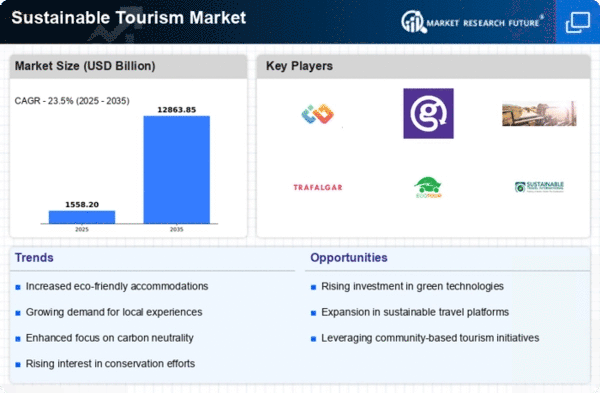
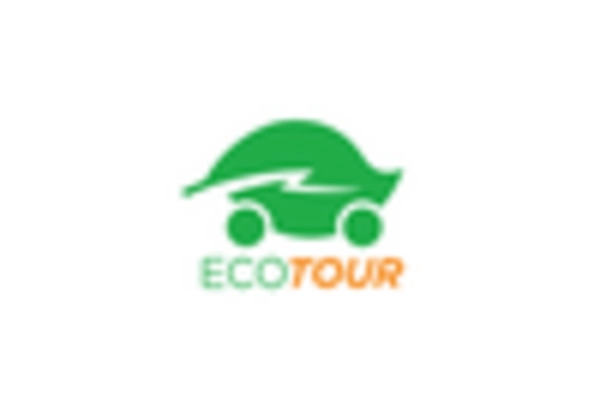
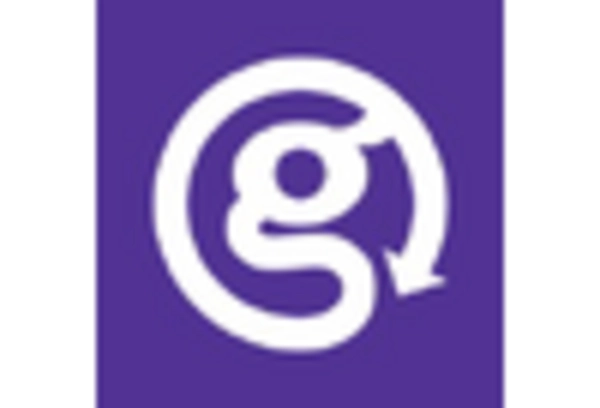


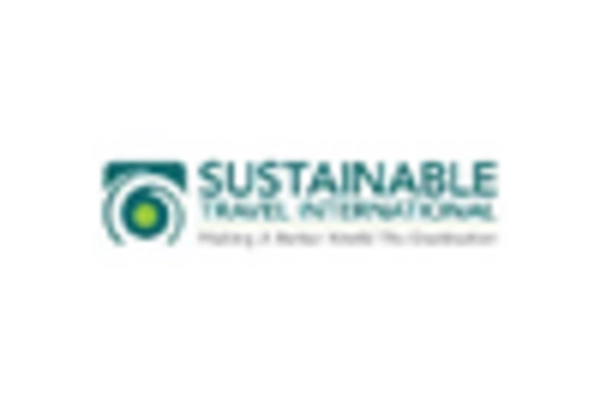
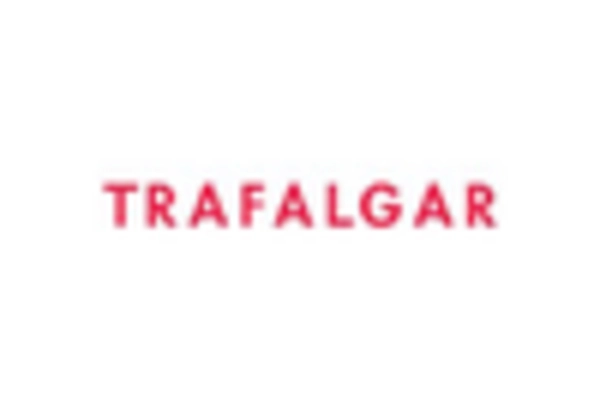










Leave a Comment